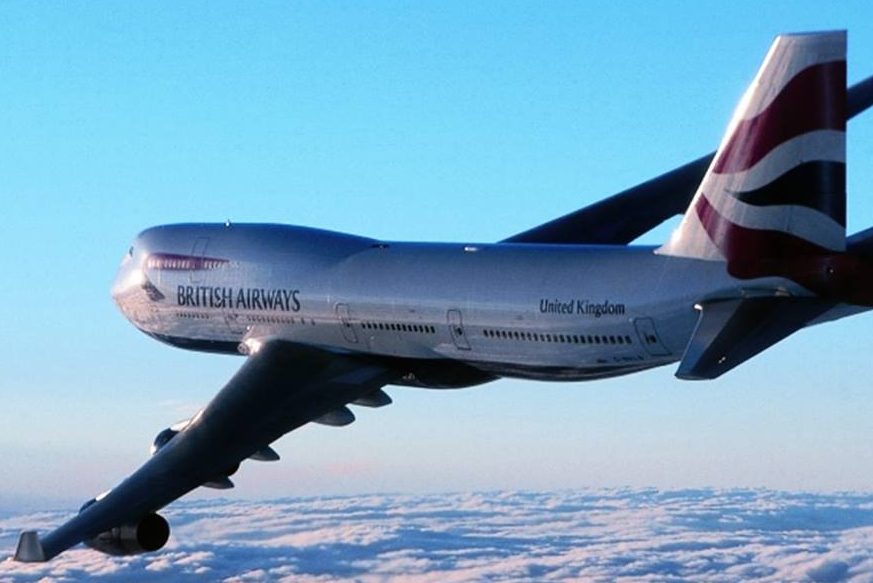British Airways CEO Plots Return to a 'Golden Era'

Skift Take
Alex Cruz is walking a fine line. On the one hand he wants British Airways to become a more cost-effective operation, but on the other he still wants to retain its reputation as a premium carrier.
British Airways pledged to spend $5.9 billion (£4.5 billion) on improving its passenger experience as the airline looks to bounce back from a turbulent year.
Some of the investment had already been allocated in previous announcements but it seems CEO Alex Cruz wants to spend even greater sums on making the airline more competitive.
It comes after a torrid year for the airline, which has seen it battle strikes, a massive IT failure, and criticism over its decision to eliminate free food on some of its flights (as well as the way the change was implemented).
While Cruz didn’t link the recent problems with the improvement program, it is cl
